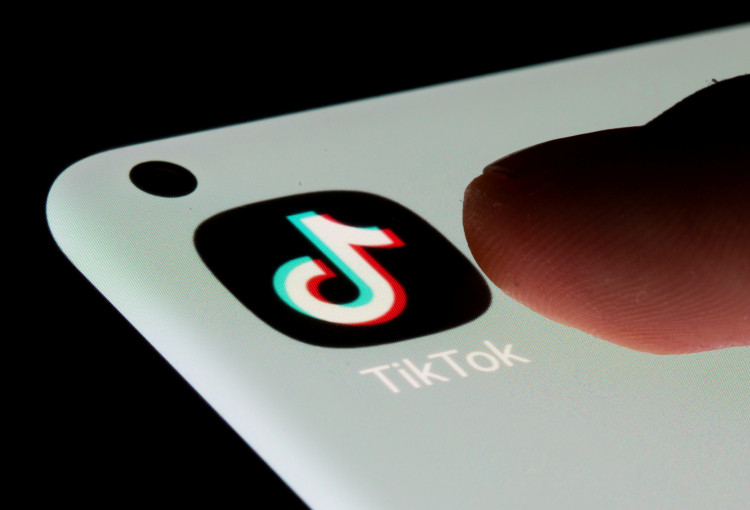In a move that has caught the attention of the global digital commerce community, Indonesia's Ministry of Trade announced a significant regulatory change: the prohibition of e-commerce transactions on social media platforms. This decision, which seeks to clearly demarcate the roles of social media and e-commerce, has profound implications, particularly for platforms like TikTok that have been making inroads into the e-commerce space.
The Indonesian government's directive is unequivocal: social media platforms should primarily serve as promotional tools, not avenues for direct sales. This distinction is motivated by concerns surrounding potential misuse of public data. During a media conference, Minister of Trade Zulkifli Hasan articulated the government's stance, emphasizing the need to separate the realms of social media and e-commerce. By doing so, the government aims to ensure that algorithms aren't monopolized by singular entities, thereby safeguarding against potential misuse of personal data for commercial objectives.
Further tightening the regulatory framework, the Indonesian government has also announced plans to regulate the sale of overseas goods on its digital platforms. Such products will now be treated on par with offline domestic goods. This decision is a response to the increasing influx of foreign goods in Indonesia via social media platforms. President Joko Widodo voiced concerns about the impact of these platforms on local businesses, micro-enterprises, and the broader economy, noting the decline in sales in certain markets due to the surge in online sales via social platforms.
This regulatory shift poses a significant challenge for TikTok, which had ambitious e-commerce plans for Indonesia. With a user base of 113 million, Indonesia is TikTok's second-largest market, second only to the U.S. Earlier in June, TikTok's CEO, Shou Zi Chew, had unveiled plans to invest billions of dollars in Indonesia and Southeast Asia in the coming years. Responding to the new regulations, a TikTok spokesperson emphasized the platform's role in supporting local traditional small sellers by connecting them with local creators. The spokesperson expressed hope that the new regulations would consider the impact on the livelihoods of the millions of sellers and creators who use TikTok Shop.
Financial analysts predict that this move will benefit traditional e-commerce players in Indonesia. A recent report by Citi highlighted the potential advantages for Shopee, the e-commerce arm of Sea Limited, and other domestic players. The report suggests that any disruptions TikTok sellers face during this transition could benefit traditional e-commerce platforms in the subsequent months.
As Indonesia recalibrates its digital commerce landscape, the global tech community watches closely, anticipating the potential ramifications of such regulatory shifts.






